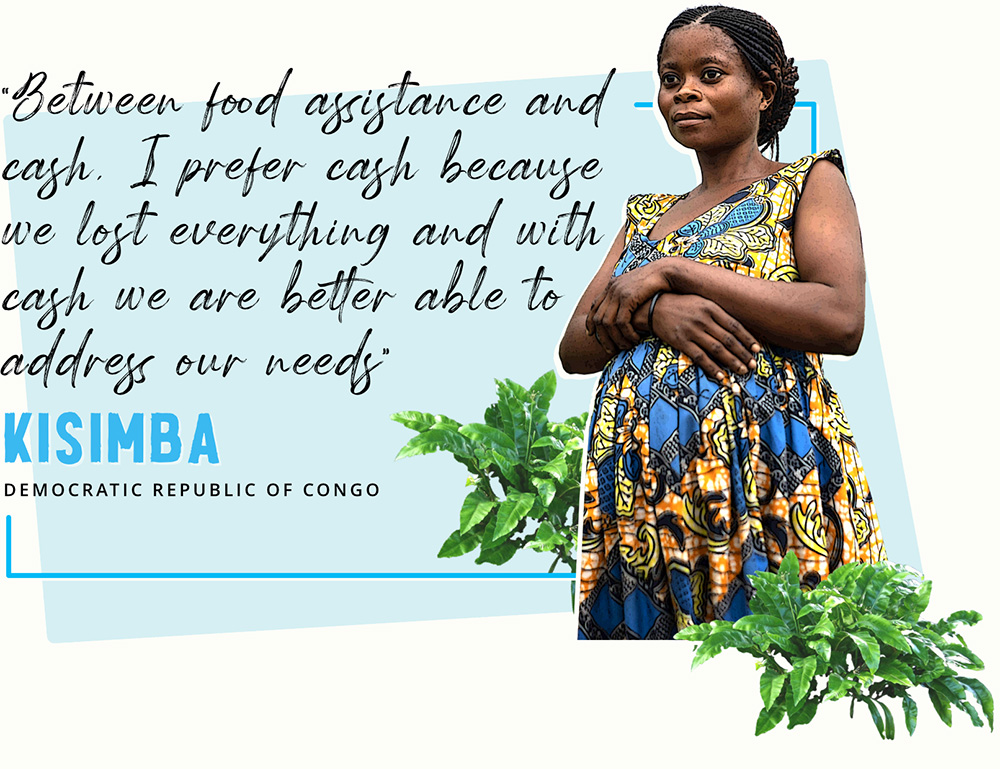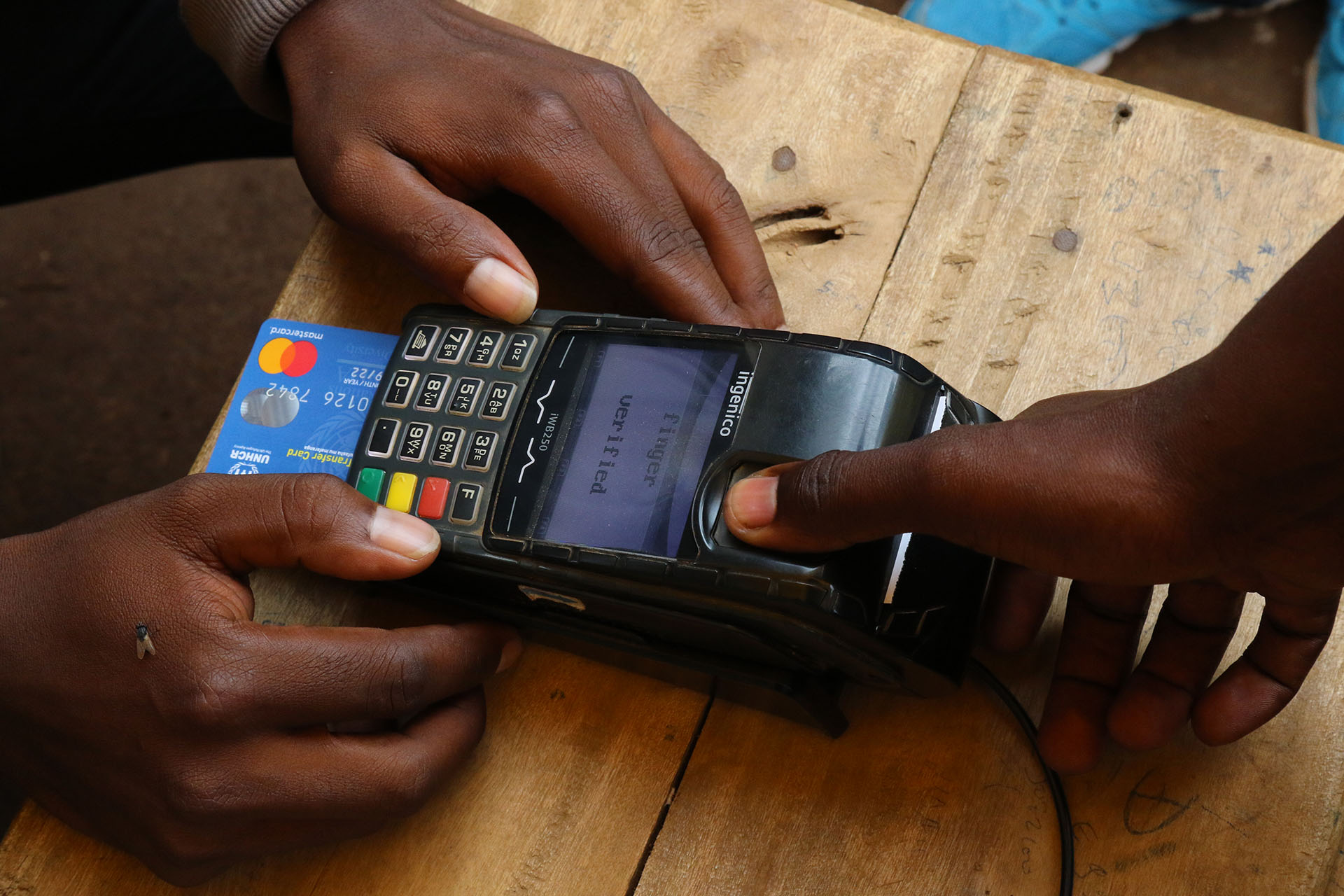Responsible Cash Programming Toolkit
Designed for humanitarian and development actors working on cash transfers, and financial service providers.
Provided by


© WFP/Gabrielle Menezes
Introduction
This toolkit aims to ensure cash recipients enjoy dignity, are protected and respected as valued clients by financial institutions and are empowered to exercise their rights.
In this toolkit you will find 1-pager tools with best practice guidance and examples that are simple/concise, intuitive and easy to tailor, where possible, in various languages to strengthen the design and implementation of cash programmes to make them more people-centred.

Who is the toolkit for?
Practitioners & Implementers:
Supporting humanitarian and development teams who design and deliver cash programmes to:
- Design cash programmes that put people – and dignity – first
- Help build confidence and skills among cash recipients
- Deliver clear and practical digital and financial literacy support
- Strengthen protection and inclusion in cash programming
- Advocate with government stakeholders and engage with the private sector
Financial Service Providers
Resources for banks, mobile money providers, and fintech partners supporting cash transfer programmes to:
- Collaborate effectively with humanitarian/development partners
- Improve customer-protection practices and frontline support to the most disadvantaged and hardest-to-reach
- Train staff to better assist first-time users
- Strengthen complaint handling, safe referrals and reporting practices


